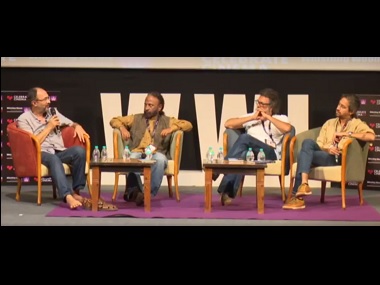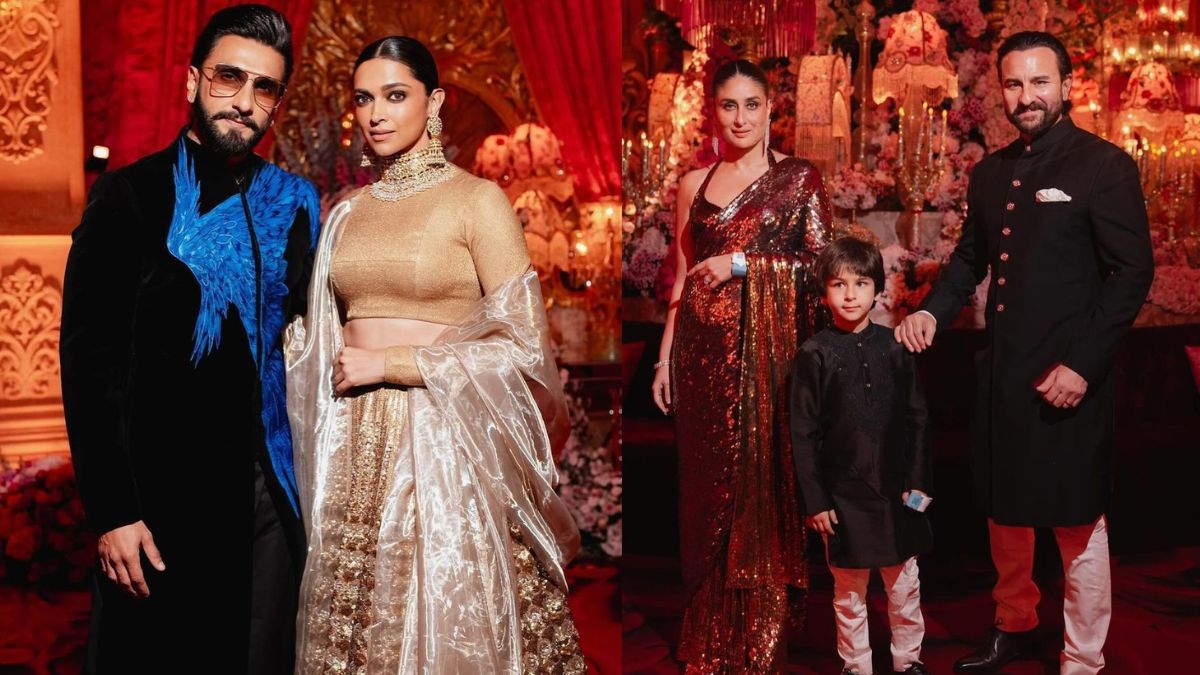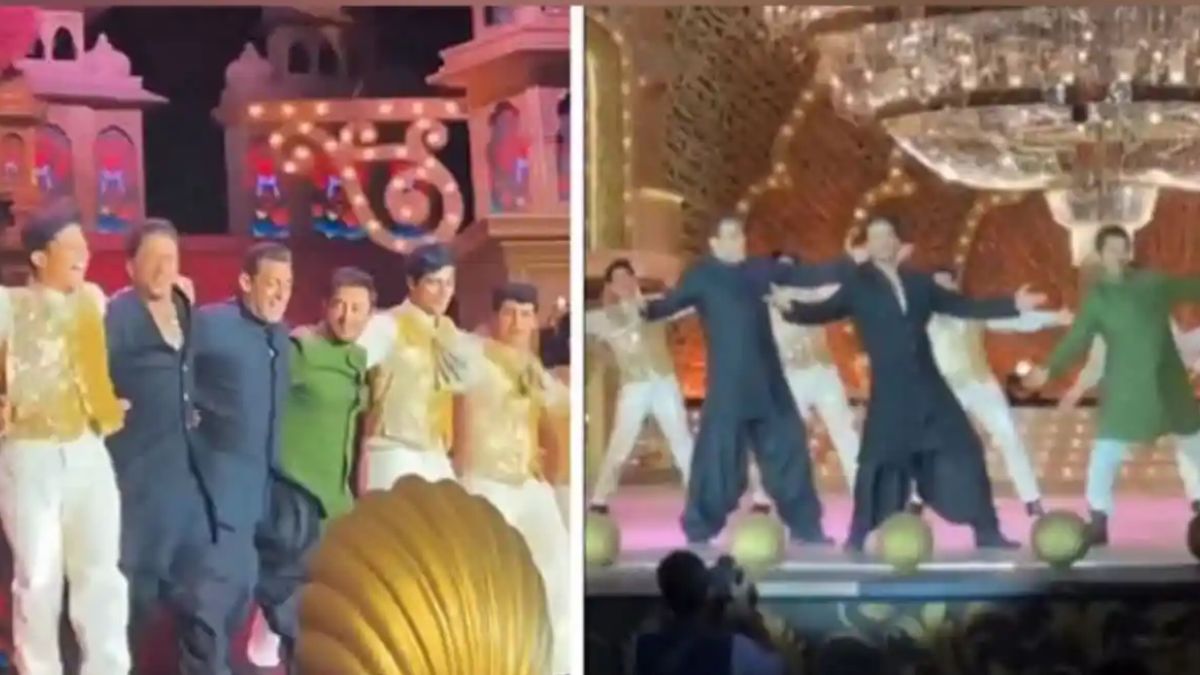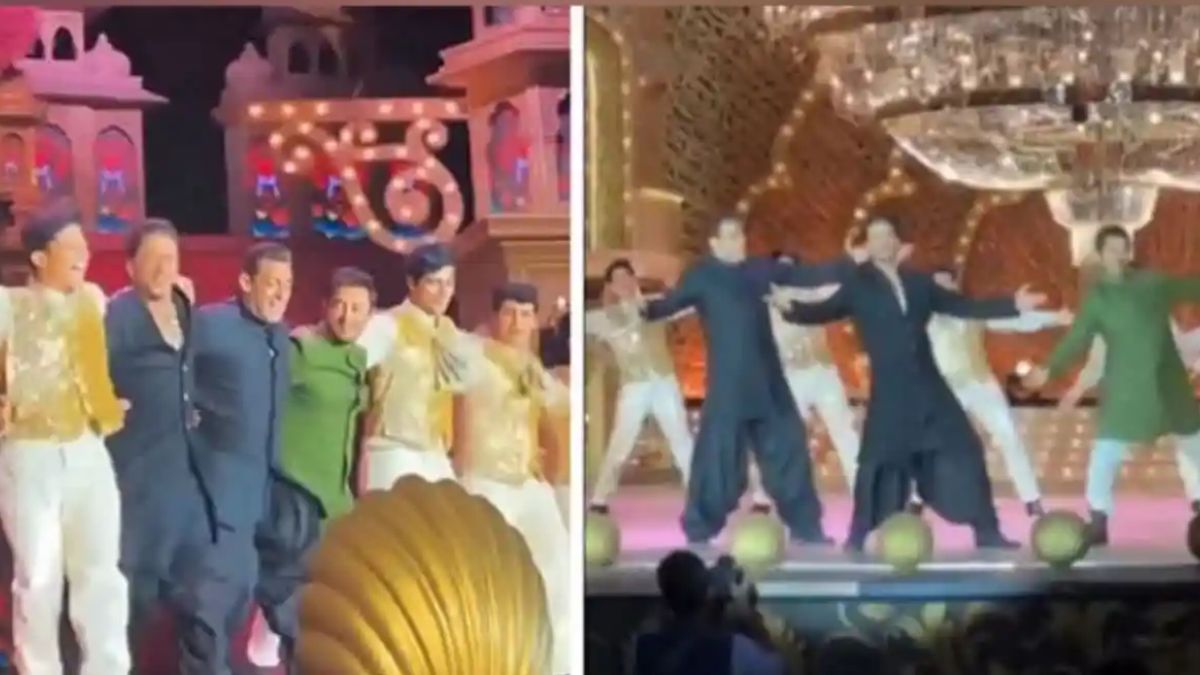Bollywood veteran filmmaker Subhash Ghai-founded film school Whistling Woods International is celebrating Indian cinema and its changing trends through a two-day festival named Celebrate Cinema 17, which enters its sixth edition this year.
Writer’s Panel, one of the major highlights of the event on the first day, saw the likes of filmmakers Rakeysh Omprakash Mehra and Ketan Mehta, along with scriptwriter Saiwyn Quadras being part of a panel discussion which delved into what it takes to pen a biopic. The discussion was moderated by acclaimed screenwriter Anjum Rajabali, who has to his writing credits films like Rajneeti, Aarakshan and Satyagraha.
Rajabali began by giving an insight into the difference between a biography and a biopic — while the former is merely stating facts as they are, much like a documentary which “has to be utterly faithful to what happened”; the latter dramatises the situations (either by “reconstructing” or “inventing”) around a character leading to the “inner truth of a story.”
Rajabali addressed the biopics made by each of the panelists — Bhaag Milkha Bhaag (Mehra), Neerja and Mary Kom (Quadras), Sardar, Bhavani Bhavai, Rang Rasiya and Mangal Pandey: The Rising (Mehta). Speaking about the challenges they faced while writing for these above-mentioned biopics, each of them had something very unique to offer.
Quadras talked about his experience on scripting Mary Kom. “The challenge was to encompass a whole life in two hours. For me, the primary factor for going about the story was, that her (Mary Kom’s) real life was like a boxing ring. Obstacles were there at every step of her way — patriarchal society, the fact that since a lot of women were not into boxing and hence during training they are sort-of looked down upon, expecting her to get married soon and then have children. It was kind of a simile — what she is doing in the three rounds of boxing, she is doing it every day of her life. That affected me so much, and I wanted to get the story out there,” explains Quadras. Rajabali puts it in his own words saying that in case of Mary Kom, “the rhythm of the screenplay reflected the rhythm of a boxing match.”
Elucidating his experience while writing for Bhaag Milkha Bhaag and figuring out the pivot of the story, Mehra said, “There was always a burning desire (in me) to say something about the Partition of India; it was a very moving point in the history of this land.” Mehra then explained how he, from 5000 hours of Milkha Singh’s personal account of his life, found the anchors for his script. “While listening to him again and again, I started getting deeper into his dark spaces. Every time there was a teardrop in his eyes was when he spoke about him losing the Olympic medal. The other time, when he almost broke down crying was when he would narrate the massacre of his family during the Partition. And there, I got the core of my story.”
Mehta, who Rajabali candidly calls “the king of biopics”, had a very poetic take on the driving force behind making these films. He said, “It is not really a story of a man that is being shown in a film. A man is also a string of ideas, a structure of themes, and it is these ideas and themes that actually resonate with us even today.” In case of his film, Rang Rasiya, based on the renowned painter Raja Ravi Varma’s life, Mehta throws light on the lack of freedom of expression of an artist who paints on themes which are ‘objectionable’ by general standards. He found the contemporary context in the way MF Hussain was being treated in India for his paintings. Through Manjhi, Mehta embodied “the indomitable human spirit” of the man who broke a mountain with a hammer and a chisel.
Talking about these ideas, Mehta also said that “ideas are live beings. Ideas emerge, travel through time, go underground and re-emerge. Ideas multiply and possess you sometimes. The world is basically a battle of ideas, the more the righteous ideas converge, the better is for the world.”
They also further spoke about how important it is for a biopic writer to adhere to and be faithful to some historical facts in the person’s life that are out in the public domain. It is also important that they bring out something about the character by either recontextualising situations, juxtaposing them against against each other or even fictionalise a situation completely.
The session came to an end with each of the panel members confessing how well they knew their characters and if, in the process of their writing, they knew them much more than the characters knew themselves.


)




)
)
)
)
)
)
)
)